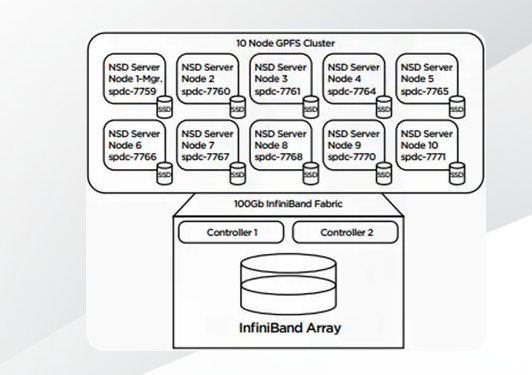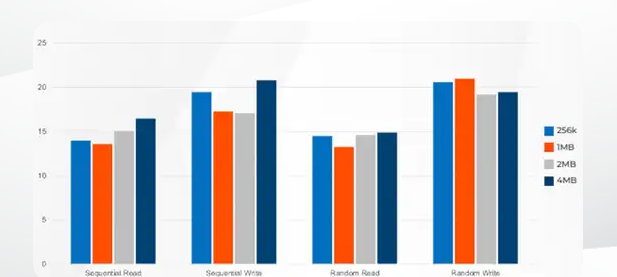Decentralized Storage Network have become increasingly popular recently, offering a wealth of advantages over traditional centralized storage solutions. In this information, we shall explore what decentralized storage networks are and why they can be so beneficial to businesses. We will also discuss the many forms of decentralized storage networks which are available and how they can be utilized to store data securely and efficiently.

What's a Decentralized Storage Network ?
A decentralized storage network (DSN) is basically a distributed system for storing data across multiple physical locations. Unlike traditional central databases, DSNs don't rely about the same server or group of servers to manage the information; instead, every person node in the network stores a unique percentage of the data. This means that if one node fails, one other nodes can still access the stored information. Additionally, it eliminates any potential single points of failure as it pertains to system security and reliability.
Great things about Decentralized Storage Networks
Decentralized storage networks provide several key benefits over centralized solutions:
- Increased Security: By distributing data across multiple locations, DSNs ensure it is almost impossible for hackers to access sensitive information. Since there is no single point of failure, malicious actors cannot target specific areas to be able to access critical files or systems. This makes DSNs a perfect solution for companies who need additional security measures in position to safeguard their valuable data assets.
- Reduced Costs: Decentralized storage networks require fewer resources than traditional solutions, which supports reduce costs related to hardware maintenance and energy consumption. Furthermore, since there is no importance of a centralized server or pair of servers, companies don't need certainly to bother about paying expensive licensing fees or dealing with complex setup procedures.
- Increased Performance: Since each node in a DSN stores its own portion of the information, information retrieval times are significantly reduced in comparison to traditional solutions that depend on centralized databases. This makes them great for applications where speed is essential such as for instance real-time analytics or streaming media services.
- Increased Scalability: DSNs can quickly scale up without significant changes to existing infrastructure since new nodes may be quickly added as needed without disrupting existing operations. This makes them perfect for companies who need extra capacity during peak times or those that intend on expanding their operations in the future but don't want to purchase costly hardware upfront.
Types Of Decentralized Storage Networks
There are numerous different types of decentralized storage networks currently available:
- Peer-to-Peer (P2P): P2P networks allow users to fairly share files directly without depending on third party servers or software programs. These networks are usually employed by individuals looking for added space for his or her personal files as well as businesses that need reliable file sharing capabilities without having to maintain expensive hardware setups or purchase costly software licenses.
- Distributed File Systems (DFS): DFS utilizes multiple nodes scattered across different geographic locations to be able to store large amounts of data reliably and securely while ensuring robust performance even during peak times or when certain nodes fail because of power outages or other issues. These systems tend to be utilized by organizations who need fault tolerance and scalability but don't want the overhead associated with increased complex IT infrastructure setups such as for example Hadoop clusters or cloud computing platforms like AWS EC2 instances.

Conclusion:
In conclusion, decentralized storage networks offer numerous benefits over traditional centralized solutions including increased security, reduced costs, increased performance and scalability - making them a great selection for businesses looking for reliable storage solutions at an affordable price point without sacrificing performance or reliability. While there are many different types available according to your preferences - from peer-to-peer (P2P) networks for personal consume through distributed file systems (DFS) made for large enterprises - all offer superior performance compared with an increase of traditional options while providing enhanced degrees of security and scalability not found with other solutions available on the market today! Whether you're looking for extra space for your personal files or an effective solution designed specifically for enterprise use - harnessing the ability of decentralized storage networks could be just the thing you need!
